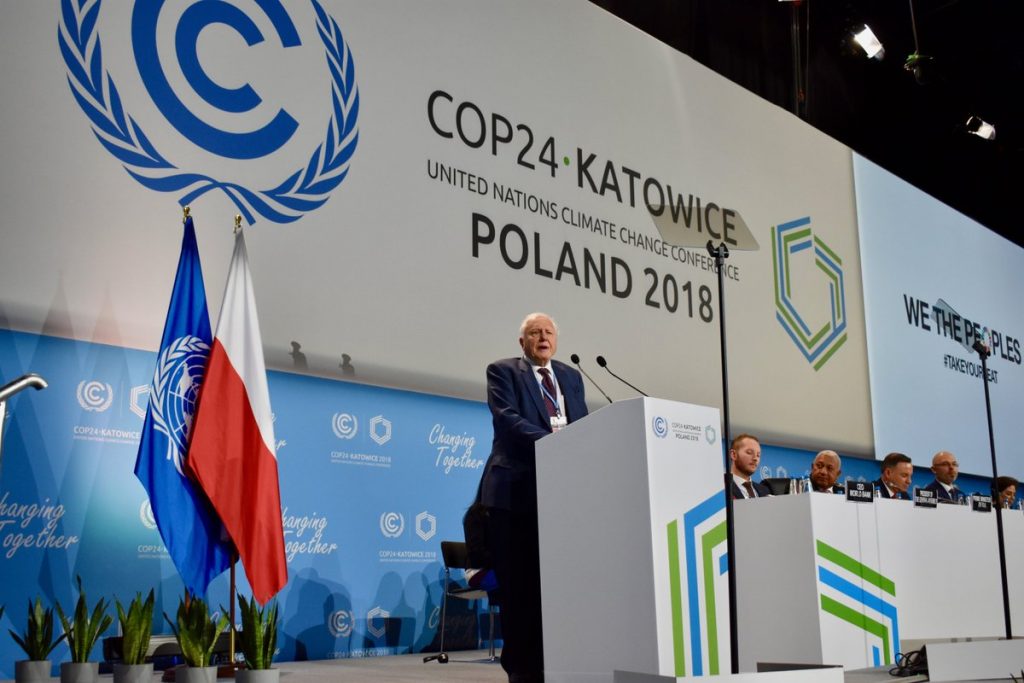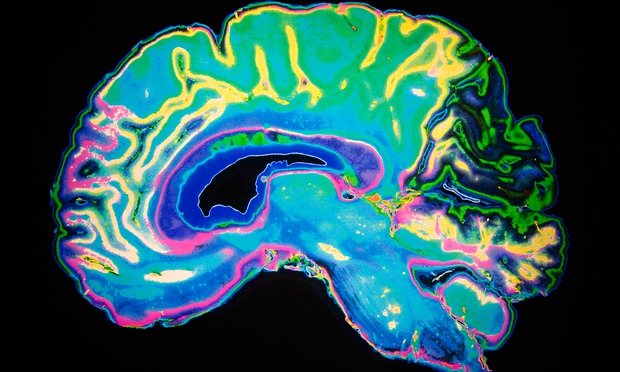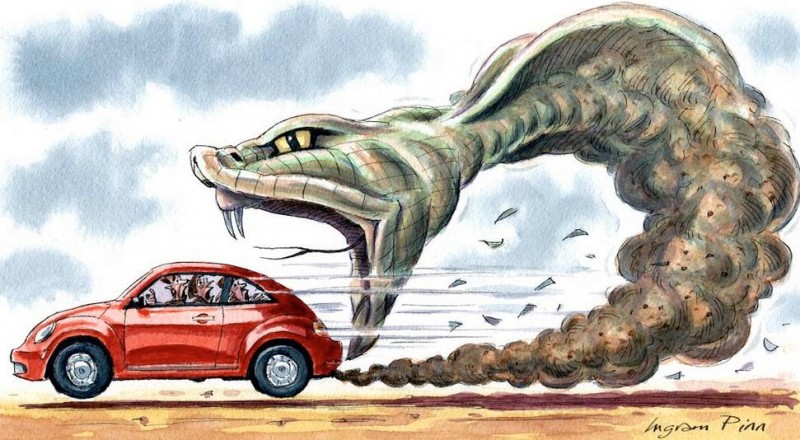World leaders must see ‘urgency’ of climate crisis at COP24

December 8th, 2018
There was concern coming into COP24 that negotiators wouldn’t be able to complete the task given to them and agree on a rulebook for achieving Paris Agreement targets to limit warming to 1.5.
Following on from Bangkok, where negotiators didn’t manage to finish, there was concern that this could be repeated in Katowice.
Another concern was that a rulebook would be created but it would have no teeth, a document for creating documents sake, with the more substantive points being decided down the line.
We need decisions and a rulebook to achieve Paris which has real substance. Countries must ‘commit’ to strengthening their mitigation efforts.
Simply ‘inviting’ or ‘urging’ countries to undertake such efforts is not sufficient to ensure domestic action is taken.
Countries must reaffirm their commitment to develop or revise mid-century net zero development strategies by 2020 at the latest.
Optimism in the Air
However, there is optimism in the air that there will be real recognition and reflection on the recent IPCC special report.
Whether this optimism is well founded will be determined when we begin to see the finalised documents emerging next week.
The main message from civil society organisations attending the talks is that of urgency, that this is our last chance to act, to set the correct, right and ambitious agenda before it is too late.

Sir David Attenborough COP24 Photo: UNFCCC
Renowned naturalist Sir David Attenborough brought this message of urgency during his speech at the beginning of the COP.
“The world’s people have spoken, their message is clear – time is running out. They want you, the decision-makers, to act now,” he said.
This is a message is echoed in Ireland through the ambitious recommendations set out by the Citizens Assembly, although we are yet to see this reflected in government ambition or policy.
Indigenous communities hit hard
Those who feel the harshest effects of climate change are often indigenous communities, who contribute practically nothing to global emissions.
In a side event on climate litigation around the world, Vanna Sannar from a traditional reindeer herding community in Sweden and a plaintiff in the People’s Climate Case spoke of dried up lakes previously used to water their herds.
She said that their traditional methods which rely on the changing of the seasons are being rendered inadequate due to the changing climate.
Climate Finance for poorer countries is fundamental for the delivery of both the goals set out in the Paris Agreement and for the achievement of the Sustainable Development Goals.
Developing countries have an immediate need to increase their levels of domestic emissions reduction and increase their adaptation but they can only do this if they have confidence that they will have the finances to do so.
Climate finance
All countries are being encouraged to submit new, more ambitious action pledges (NDCs) under the Paris Agreement to the UNFCCC by 2020 and there is an urgent need for donor countries, including Ireland, to make their climate finance intentions clear.
Developed countries have already promised to deliver financial support in the order of $100bn per year by 2020 and to maintain that level of support through to 2025.
The poor and most vulnerable countries cannot be expected to strengthen mitigation efforts to 2030 without a clear indication of the financial support landscape post-2025.
Therefore, it is crucial that countries launch a process to consider the post-2025 landscape to be concluded no later than 2020.
The recent increase in Irish climate finance (to €52 million) is welcome. Even at these levels, however, it falls well short of Ireland’s “fair share” of the global effort.
Ireland needs to scale up its provision of climate finance considerably in line with its responsibility and capacity, to contribute its fair share to the global effort to deliver on the goals set out in the Paris Agreement.
By Jennifer Higgins
Jennifer is a Policy and Advocacy Advisor at Christian Aid Ireland







